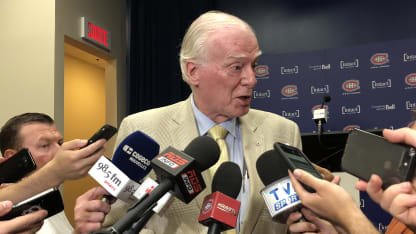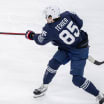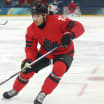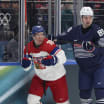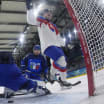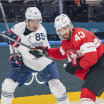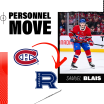On Weber's prognosis and recovery:
I think it should be very straightforward. He's had an excellent repair of the meniscus. Dr. Robert LaPrade [the orthopedic surgeon who operated on Weber in Vail, CO] is a world expert in that. He's given us an estimate of return to play in five to six months from June 19.
He will be OK. Both specialists [Dr. Robert Anderson, Weber's orthopedic foot surgeon, being the other] were very optimistic. Each one was very proud of their work, and they all say they anticipate a full recovery. The only thing is that it's going to be later than we thought it would be.
On Weber's reaction when he found out about the tear:
I wasn't there with Shea, but I talked to him subsequently. He was disappointed, but in a way he was relieved that we had found what was going on with the knee. He was disappointed that it was more than we thought, but he was also pleased that now there was a definitive and long-term solution.
[...] you can imagine this was certainly a shock to Shea, it was a shock to me, it was a shock to the whole organization, and we needed a little time for everybody to recognize it and grasp the seriousness and the timeline.
